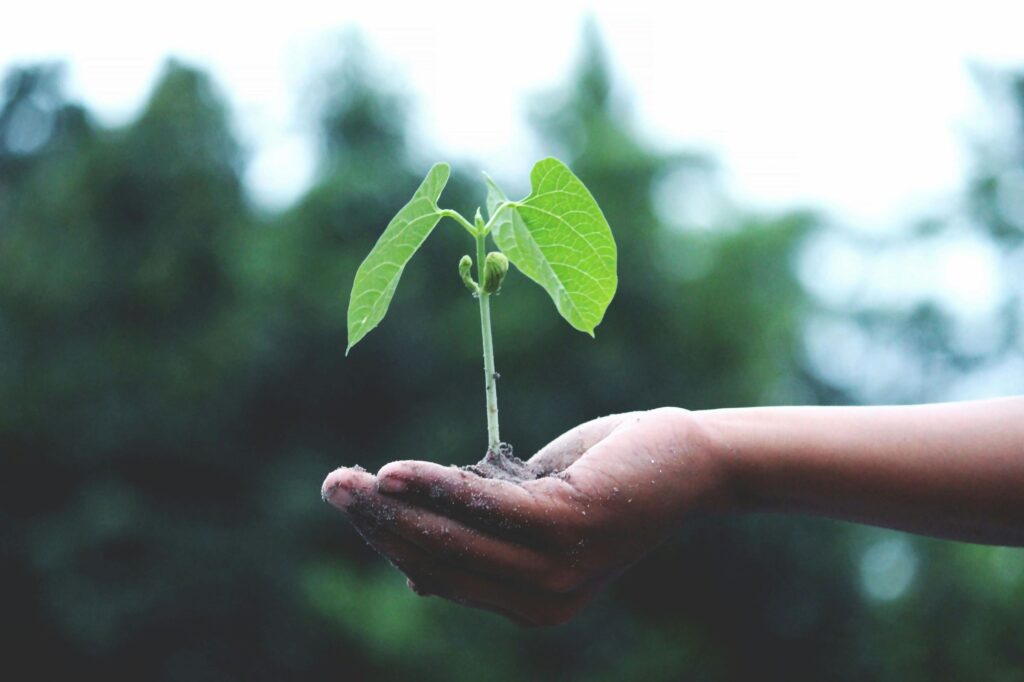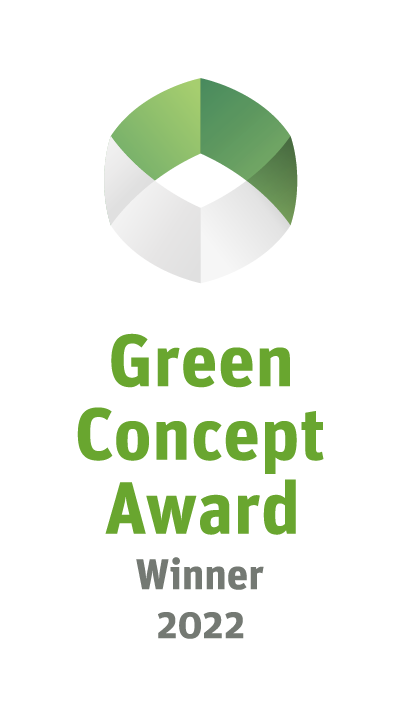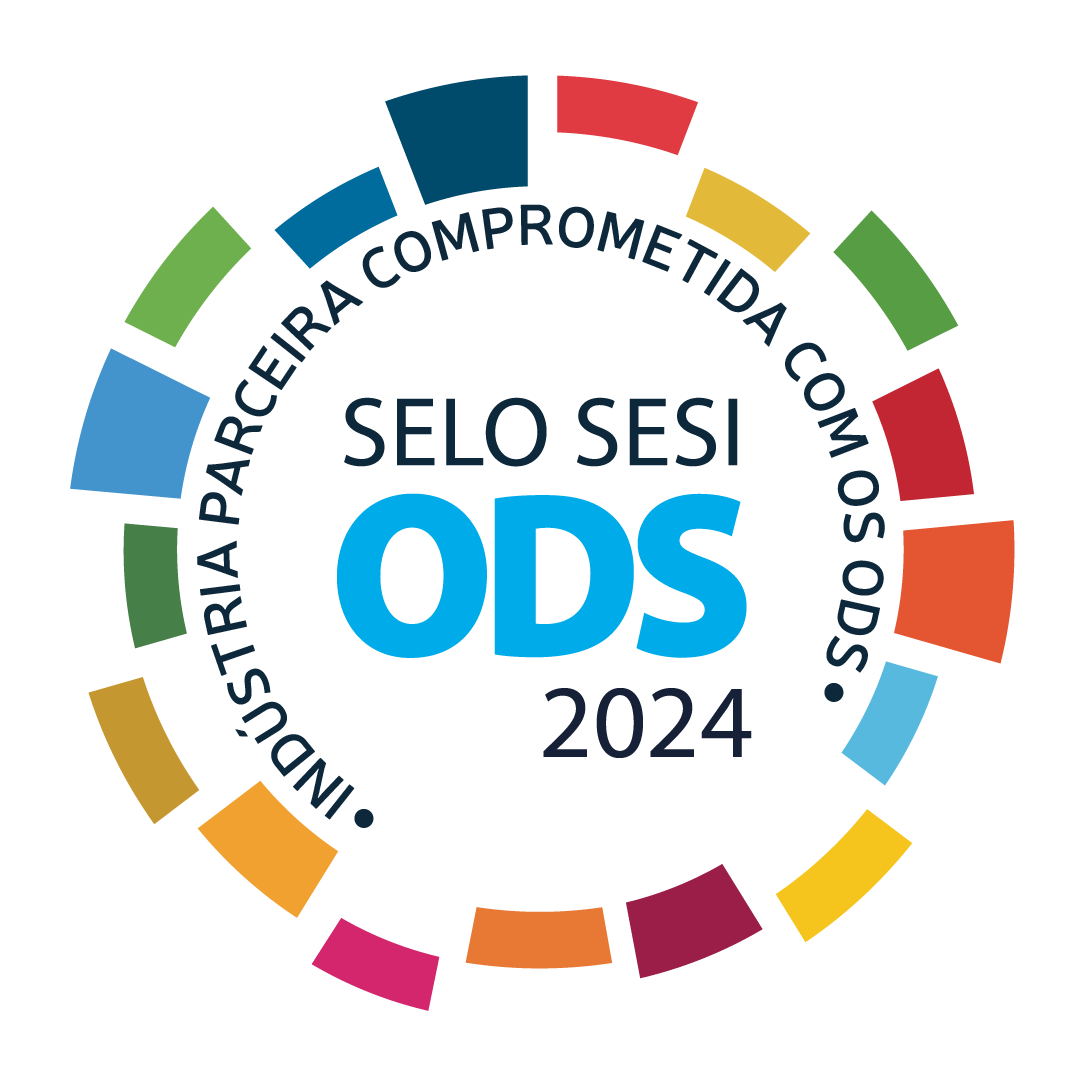
My first contact with sustainability issues was when I was still a child. I listened, sang, drew and painted about not throwing garbage on the ground, saving water, recycling and planting trees. We took part in actions on water day, earth day, rainy day and so on. And I took it seriously, but I believed it was solved, and I thought “if everyone learns about saving the planet at school, everyone will do their bit and we won't have any more problems”.
In elementary school, the actions continued, the music diminished and the work, research and excursions began. We no longer sang about water, now we presented research, ideas, took part in discussions... I still thought it had been solved.
It was in high school, in my teens, that I was bombarded with information that began to take away my hope. I learned about how water was really being wasted, it was no longer up to me, I knew I could take 1-minute showers and I could wash my car in rainwater but what good would that do if the fashion industry was responsible for the largest amount of water used in the world? I learned that I could avoid emitting carbon dioxide if I walked more, rode a bike or took public transport. But what good is that if the biggest emitter of greenhouse gases in Brazil is agriculture? And so on.
I entered university with this lack of hope completely consuming me, with the feeling that nothing I did could change anything. But I came into contact with professors, classmates, newly created brands, actions, etc., who hadn't given up hope and who were there every day trying to make a difference. It was in the very first year that I understood that in fashion, sustainability isn't supposed to be a marketing gimmick, it's supposed to be the basics, the minimum. It was also when I understood that we live in a time of exacerbated consumption and was introduced to the concepts of circular economy and upcycling, that I could see the light at the end of the tunnel again.
And then the pandemic started, and everything I had learned so far seemed to grow even more before my eyes. It was a time when I was one of those people who didn't pretend that everything was fine, but didn't dwell on the tragedy either. I was anaesthetized for a long time until things normalized (as far as possible) and the face-to-face journey at university returned. From that point on, I came to the conclusion that the world wasn't going to be saved by upcycling and thrift shopping because consumer habits are only increasing and waste disposal continues as if no one had learned everything I had learned at school.
And that was the hardest realization for me, most people hadn't learned what I had learned, and if they were taught, they didn't understand or didn't want to understand and many choose not to care and to live in a bubble. And the worst thing was to realize that many of these people are in places of influence, owners of industry, politics and the economy. And knowing that the disregard for environmental issues is due to money and greed broke my heart.
I soon reverted to pessimism and focused solely on my CBT, my graduation party and job applications. It's interesting that the opportunity to work at no.wasTee came along at the same time as the floods in Rio Grande do Sul reached disproportionate sizes, while I felt the despair of not being able to do anything other than publicize actions and donations. I felt that I was going to have the opportunity to participate in something that could really make a difference in the world on a large scale, helping to publicize something that could impact the industry that disposes of the most waste and wastes the most water in the world.
I relived the feeling of wanting to make a difference and at home I continue to do everything I learned at school. Have you revived this feeling? Join the no.wasTee movement and make a difference, there's no time to lose.
Giovanna Wangham



